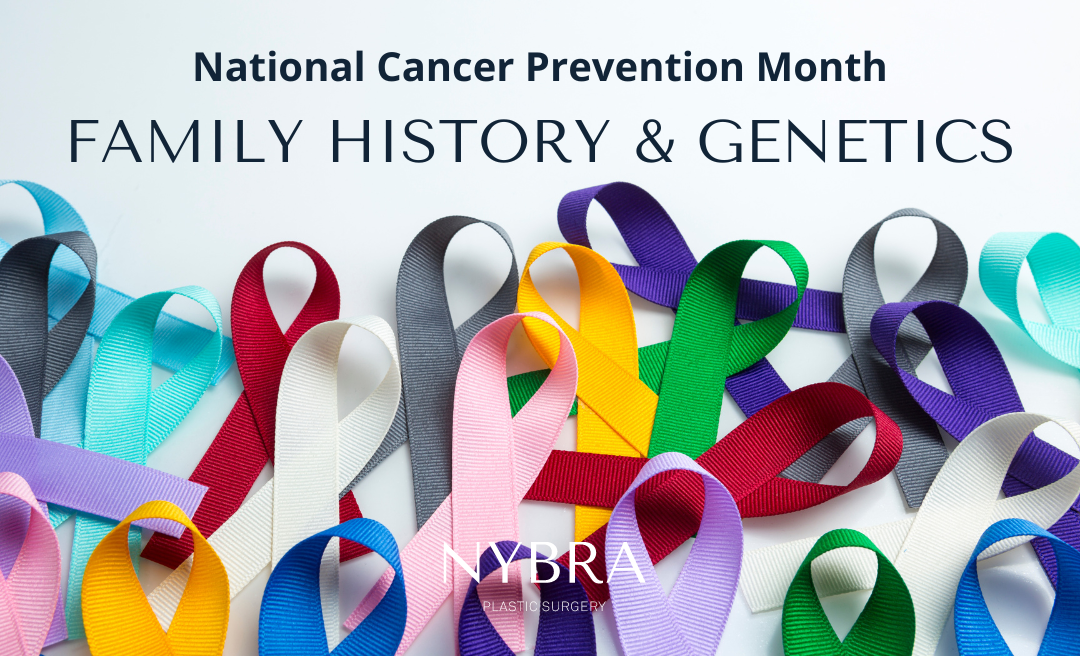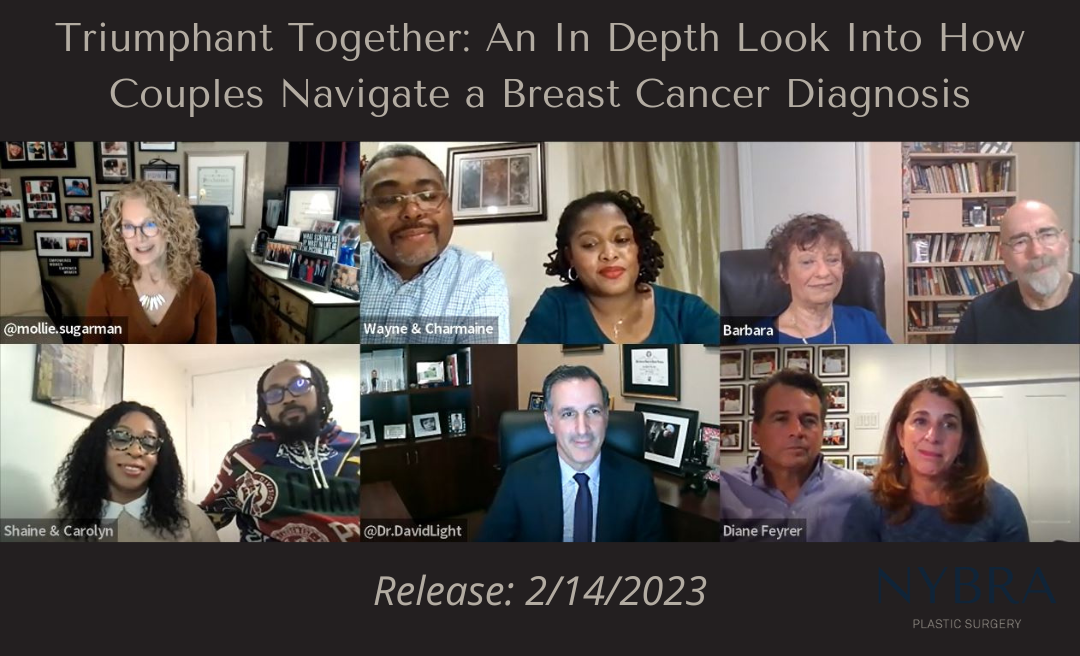Genetic Mutations and Hereditary Cancer: Gathering Information for Prevention
February 8, 2023
Family history and genetic mutations play a significant role when it comes to the risk of developing breast cancer. However, it is vital to understand that gene mutations are not diagnoses. They are tools that can inform surveillance and empower patients to take proactive and preventative steps.
We all have BRCA1 and BRCA2 genes.
Healthy BRCA1 and BRCA2 genes help to repair damaged breast cells in the body. When these genes have harmful mutations, they do not function normally. This increases the risk of developing breast cancer. A simple blood test can determine whether you possess any damaging gene mutations.
BRCA1 and BRCA2 are not the only genes that correlate with elevated breast cancer risks.
While BRCA1 and BRCA2 genes are the most well-known mutations associated with a predisposition to breast cancer, there are a number of other genes in which genetic mutations increase the risk of developing the disease. These include mutations in ATM, CHEK2, PALB2, PTEN, and TP53 genes, among others. Additional genes are identified regularly as medical technology evolves.
Several risk factors increase the likelihood of carrying a mutation.
Certain information about family or heritage can help patients determine whether they should consider genetic testing. Family history of early onset breast or ovarian cancer, family members who have tested positive for mutations, and Eastern European or Ashkenazi Jewish ancestry all portend a potential gene mutation. If you have any of these or other risk factors, you should consider pursuing genetic testing. A genetic counselor can provide further guidance.
There are options for patients who do not know their family histories.
Patients who do not have access to family or hereditary information should speak to their doctor about their individual risks. This includes individuals who were adopted or have adopted parents and those in family situations or communities that do not openly discuss personal health. These individuals may wish to seek genetic information as a way to take control of their health. If insurance fails to provide coverage, some labs will complete testing at a discounted rate.
Genetic information can inform and empower patients.
A gene mutation is not a diagnosis. While fear can be a natural response to learning that you carry a mutation, the mutation on its own does not mean that you will develop cancer. This kind of information can serve as a marker on the map for your health, informing screening and risk-reducing decisions, from oral preventative medications to risk-reducing surgical procedures.
Available Next Week is the Second Installment of: “Insights: An Intimate Look into How Breast Cancer Affects Individuals From All Walks of Life”
Next week, the Clinical Director of the Patient Empowerment Program, Mollie Sugarman, and Dr. David Light invite you to watch the second installment of “Insights:…
